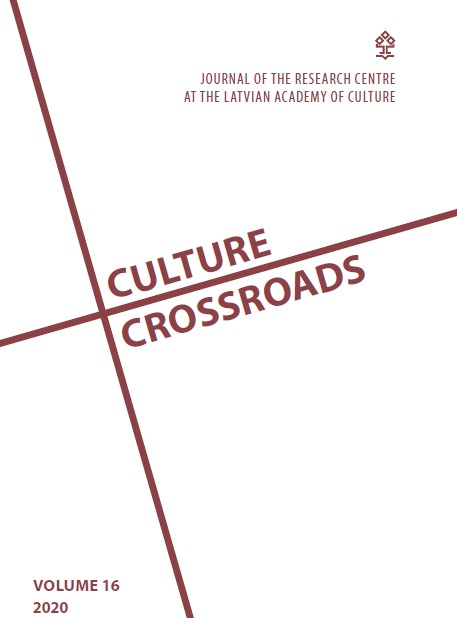THE INTERNATIONAL “COOPERATIVE CODE” COMPARISON OF TRANSCULTURAL COMMUNICATION STRATEGIES OF EUROPEAN COOPERATIVES IN GERMANY AND AUSTRIA IN THE RAIFFEISEN YEAR 2018
THE INTERNATIONAL “COOPERATIVE CODE” COMPARISON OF TRANSCULTURAL COMMUNICATION STRATEGIES OF EUROPEAN COOPERATIVES IN GERMANY AND AUSTRIA IN THE RAIFFEISEN YEAR 2018
Author(s): Jan-Erik BurkardSubject(s): Theory of Communication, Social development, Sociology of Culture, Marketing / Advertising
Published by: Latvijas Kultūras akadēmija
Keywords: Cooperatives; Raiffeisen Year 2018; Transculturality; Transcultural Communication; Communication Strategy; Communication Impact;
Summary/Abstract: The International Raiffeisen Year was celebrated in 2018. More than 22 million people in Germany are members of a cooperative, and there are more than 900,000 cooperatives worldwide. They create more than 100 million jobs. Today, they are a driving force for economic and social development, above all on a regional level [Böhnke 2018]. The scientific treatment of the transcultural component of the cooperative idea is below average. The current development of cultural studies in modern societies shows that post-colonial transformation and international interdependence as a result of globalization poses a challenge to coexistence in transcultural societies. Raiffeisen’s cooperative idea – which is more than 200 years old – can help to solve current transcultural problems and enable conviviality, the core idea of transculturality. In addition, the cooperative approach, which works separately from religion, can fill cultural-theoretical gaps (there is also no solution of Wolfgang Welsch to problems of different religious backgrounds). In this context, this paper deals with a partial aspect of transculturality – the transcultural communication. To commemorate Raiffeisen’s idea, the Raiffeisen and Cooperative Associations in the German-speaking countries of Germany and Austria launched communication campaigns to raise public awareness of the subject of cooperatives and the cooperative idea that goes back to the original founder Friedrich Wilhelm Raiffeisen. A scholarly examination of the transcultural aspect with regard to the differences and parallels of communication has not yet taken place.
Journal: Culture Crossroads
- Issue Year: 16/2020
- Issue No: 1
- Page Range: 87-98
- Page Count: 12
- Language: English

